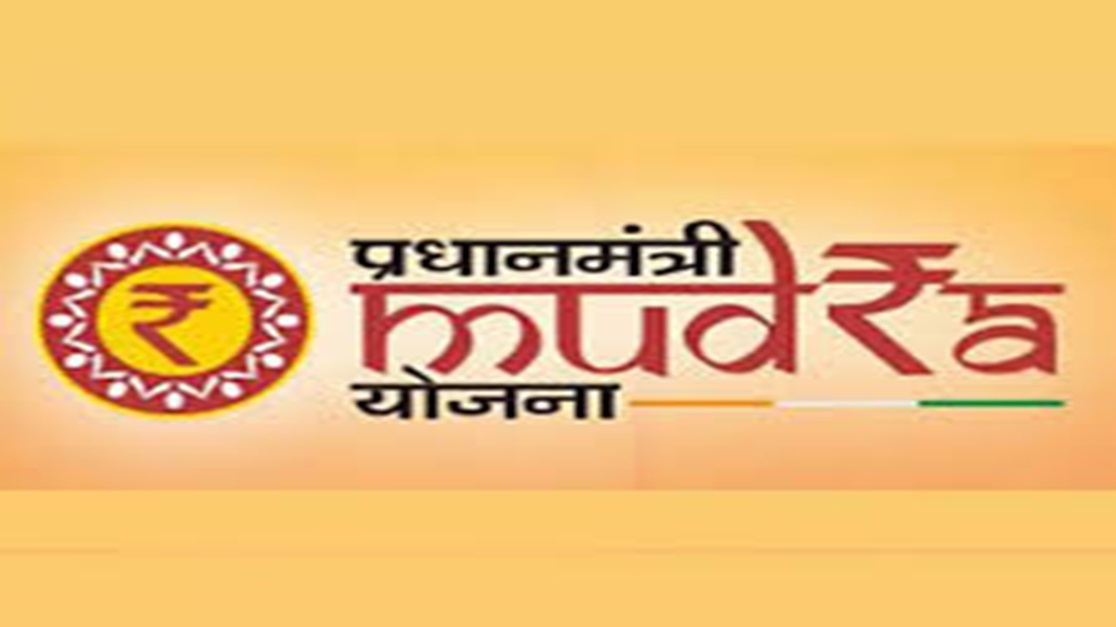What is PMMY? A Game-Changer for India’s Small Enterprises
June 04, 2025

Launched on April 8, 2015, the Pradhan Mantri Mudra Yojana (PMMY) is a flagship government initiative designed to “fund the unfunded.” By offering collateral‐free loans of up to ₹10 lakh to non-corporate, non-farm micro and small enterprises, PMMY has become a lifeline for millions of budding entrepreneurs across India. With simplified documentation and multiple loan products tailored to different stages of business growth, PMMY has revolutionized access to finance, empowering marginalized communities and driving economic inclusion.
Objectives and Vision
PMMY aims to:
- Promote Financial Inclusion: Enabling underserved micro and small businesses to access formal credit easily.
- Foster Entrepreneurship: Empowering new and existing enterprises to expand, innovate, and create employment.
- Stimulate Economic Growth: By channeling funds to the backbone of India’s economy—MSMEs—PMMY supports sustainable development and poverty alleviation.
Loan Categories Under PMMY
PMMY categorizes its loan offerings into three distinct segments, based on the stage and scale of the business:
| Shishu | Loans up to ₹50,000 for start-ups and micro enterprises |
| Kishor | Loans between ₹50,001 and ₹5 lakh for growing businesses |
| Tarun | Loans from ₹5 lakh to ₹10 lakh aimed at business expansion |
This segmentation not only clarifies the funding needs but also provides a roadmap for enterprises to progress from one stage to the next.
Eligibility Criteria and Benefits
Eligible borrowers include:
- Sole proprietors, partnership firms, and small companies.
- Businesses in sectors like manufacturing, trading, services, and agriculture-allied activities.
- Individuals with a sound business plan and a satisfactory credit record.
Benefits Include:
- Collateral-Free Loans: Removing the barrier of asset pledging.
- Simplified Documentation: Streamlined application processes via banks, NBFCs, MFIs, or online portals (e.g., Udyamimitra).
- Flexible Repayment Options: Tailored to business cash flows.
- Empowerment of Marginalized Groups: Particularly women and underserved communities have seen increased financial access.
Performance and Impact
PMMY has been a transformative force:
- Wide Outreach: Millions of MSMEs have now tapped into formal credit, replacing informal, high-interest loans.
- Economic Upliftment: By boosting micro-enterprise growth, the scheme has contributed significantly to job creation and local economic stability.
- Data-Driven Success: Studies reveal that in its initial years, PMMY not only met but often exceeded its sanctioned targets, marking it as a pivotal instrument in India’s financial inclusion journey.
Final Thoughts
Pradhan Mantri Mudra Yojana stands as a robust catalyst for inclusive growth in India. By offering collateral-free, easy-access loans, the scheme bridges the financial gap for micro and small enterprises—empowering entrepreneurs, fostering innovation, and driving sustainable economic progress. As PMMY continues to evolve, it remains a cornerstone of India’s mission to build a resilient and inclusive economy.
FAQs
1. What is PMMY?
PMMY (Pradhan Mantri Mudra Yojana) is a government initiative launched in 2015 that provides collateral-free loans of up to ₹10 lakh to non-corporate, non-farm micro and small enterprises.
2. Who is eligible for a PMMY loan?
Eligible borrowers include sole proprietors, partnership firms, and small companies engaged in manufacturing, trading, services, or agriculture-allied activities with a sound business plan and good credit history.
3. What are the different loan categories under PMMY?
The scheme is divided into three categories:
- Shishu: Up to ₹50,000
- Kishor: ₹50,001 to ₹5 lakh
- Tarun: ₹5 lakh to ₹10 lakh
4. What are the key benefits of PMMY loans?
Benefits include easy access to formal credit, no collateral requirement, simplified documentation, flexible repayment terms, and empowerment of marginalized communities.
5. Which sectors does PMMY cover?
PMMY loans can be used by businesses in manufacturing, trading, services, and agriculture-allied activities such as poultry, dairy, and food processing.
6. How can one apply for a PMMY loan?
Applications can be made at any participating bank, NBFC, or MFI. Applicants can also use the Udyamimitra portal (www.udyamimitra.in) to apply online.
7. What documents are required for the loan application?
Typically, applicants must submit KYC documents (PAN, Aadhaar, Voter ID), address proof, recent bank statements, income tax returns, and business-related documents.
8. Are there any interest subsidies or collateral requirements?
PMMY loans are collateral-free. Interest rates are deregulated and set according to RBI guidelines, ensuring they remain competitive and reasonable.
9. How has PMMY impacted the MSME sector in India?
PMMY has significantly increased access to formal credit, empowered women and marginalized groups, boosted entrepreneurship, and contributed to job creation and economic growth.
10. What challenges does PMMY face, and how can they be addressed?
Challenges include regional disparities, limited financial literacy among borrowers, and occasional high default rates. Addressing these through enhanced financial education, improved outreach, and better loan management systems can further optimize the scheme’s impact.
Latest Blogs

Decoding Banking Jargons: What is Amortization Schedule?
May 31, 2025
Mr. X, a 32-year-old IT professional in Pune, finally decided to buy his dream 2BHK flat. After months of site visits, he zeroed in on a ₹75 lakh apartment and got a home loan of ₹50 lakhs for 20 years at an interest rate of 8% p.a. He decided to make a down payment of the remaining ₹25 lakh from his own pocket.

Fixed Deposit vs. Post Office Time Deposit: Which One Should You Choose?
May 29, 2025
Fixed deposits are among the most trusted investment options in India. They offer safety, steady returns, and are easy to understand.

Home Loan Transfer Process in India: Step-by-Step Guide to Switching Your Loan Account to Another Bank
May 29, 2025
A home loan is a long-term commitment, and over time, your financial needs or market conditions may change.

New Gold Loan Rules Soon? RBI Drafts Guidelines
May 28, 2025
If you’re planning to apply for a gold loan, there are some important changes on the horizon.

8 Types of Savings Accounts You Should Know
May 26, 2025
As of 2024, India boasts over 2.2 billion bank accounts – a testament to widespread banking access. Yet simply having a savings account isn’t enough; choosing the right account can make a big difference in how effectively you grow and manage your money.


